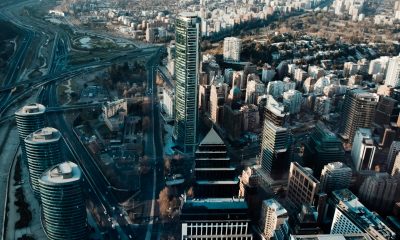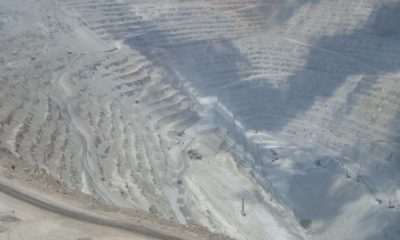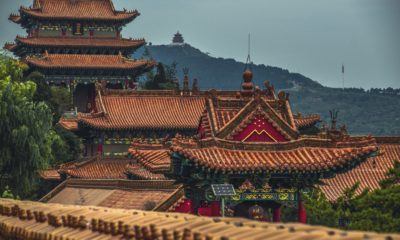Business
Santiago: Quirky facts about Chile’s capital
Santiago, Chile’s capital and its biggest city, is known for its rich culture and heritage.
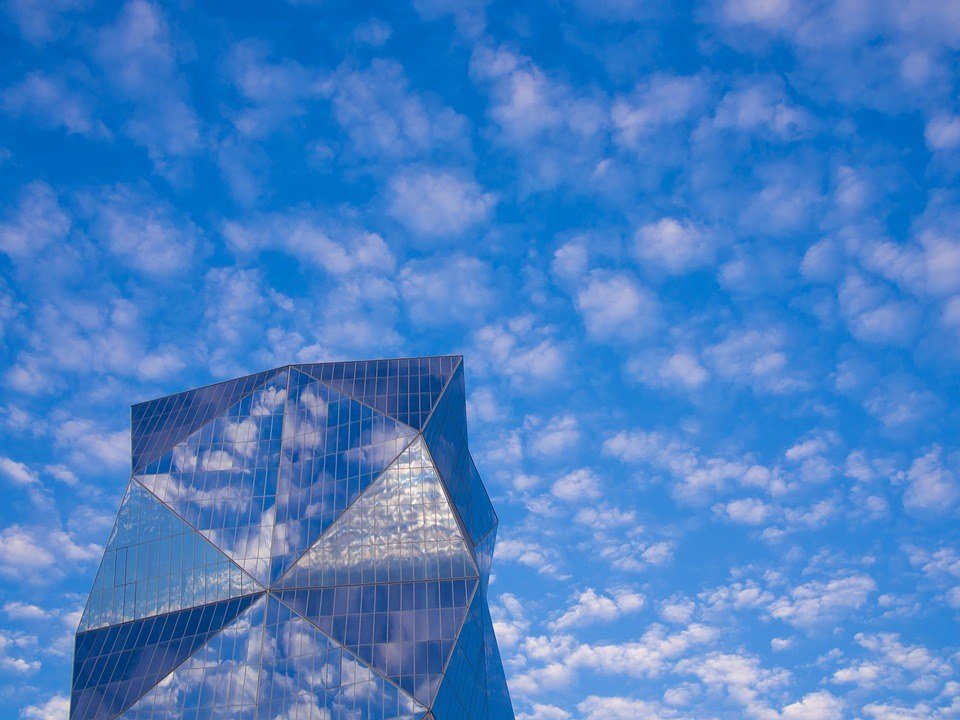
A country’s capital hugely represents what the nation has to offer. Located in Chile’s central valley at 520 meters above sea level, Santiago is the nation’s capital and its biggest city. Santiago’s reputation for its rich culture and heritage make it one of the most interesting places in the world.
Here are some things that give Santiago its character:
Santiago has a clown cemetery
One of the most unbelievable spots in Santiago is its famous clown mausoleum in the southern part of Cementerio General. It stands out with its colorful decorations, fitting for individuals who used to entertain the Chilean masses. Because of its vibrance and allure, CNN has featured the unconventional mausoleum in a report.
The “Chilesaurus” is in Santiago
Scientists have discovered the fossil of an unknown breed of dinosaur in Santiago in April 2015. A team of Chilean researchers discovered a set of fossils belonging to a dinosaur that seemed like a platypus. Called the “Chilesaurus diegosuareza,” the researchers believed that the creature roamed around Patagonia 145 million years ago, during the later part of the Jurassic period.
The three-meter long dinosaur has hands with two fingers that resembles its carnivore relative, the T-Rex. The researchers eventually named the dinosaur after 7-year-old Diego Suarez, the son of one of the geologists who found the fossils at South Chilean Patagonia’s Toqui Formation.
“Chilesaurus provides a good example of how evolution works in deep time and it is one of the most interesting cases of convergent evolution documented in the history of life,” said researcher Martin Ezcurra from the University of Birmingham.
Santiago is Pablo Neruda’s final resting place
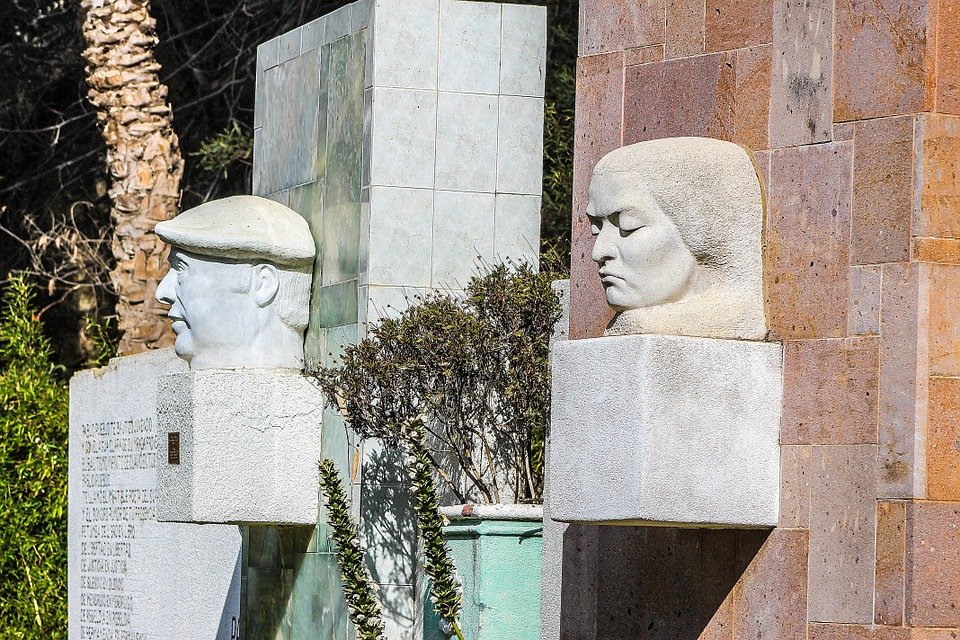
Sculptures of Pablo Neruda and Gabriela Mistral in Santiago. (Source)
Nobel prize-winning Chilean poet, Pablo Neruda, is one of the famous writers in the world. His illustrious creative writing career has been clouded by his mysterious death. Hence, his death was the topic of a heated investigation that lasted for four decades. While some believe that the poet died due to cancer in 1973, a revelation led to the exhumation of Neruda’s body in 2013.
The poet’s former driver, Manuel Araya, claims that political enemies poisoned Neruda in his hospital bed in Santiago. Forensic experts found no trace of poison in his bones; but, as a result, many still think that the driver’s claims should lead to further examinations.
Consequently, Judge Mario Carroza ordered the poet’s body to be reburied in April in Isla Negra. However, Neruda’s nephew, Rodolfo Reyes, prevented it from happening.
Santiago is a mining epicenter
Santiago takes pride in its surrounding mining spots. These deposits make Santiago one of the most abundant places to produce metals and minerals. In Cerro Blanco lies White Mountain Titanium, a company that will eventually produce 112 million tons of high-grade rutile. Titanium is the metal of the future for its applications in 3D printing and aerospace manufacturing.
Chile’s first legal marijuana crop is in Santiago
Santiago broke grounds by harvesting its first legal marijuana plant in La Florida. In fact, four hundred plants were sowed last October with the blessing of local authorities and charitable group Daya Foundation. Cannabis oil will then be extracted from the plants, which will be given for free to 200 cancer patients as a natural pain reliever.
“This is about the dignity of patients who are dying everyday in pain and with very expensive medical bills,” said La Florida’s mayor, Rodolfo Carter, during the harvesting ceremony.

-

 Impact Investing6 days ago
Impact Investing6 days agoCDP Approves €1.5 Billion Package to Boost Industry, Renewables, and International Development
-

 Crypto2 weeks ago
Crypto2 weeks agoUniswap and BlackRock Partner to Launch BUIDL in DeFi
-

 Impact Investing19 hours ago
Impact Investing19 hours agoThe Sustainability Revolution: Driving a Net-Zero, Nature-Positive Economy
-

 Biotech1 week ago
Biotech1 week agoNew Molecular Clues Explain Aggressive Neuroblastoma and Point to Targeted Treatments
